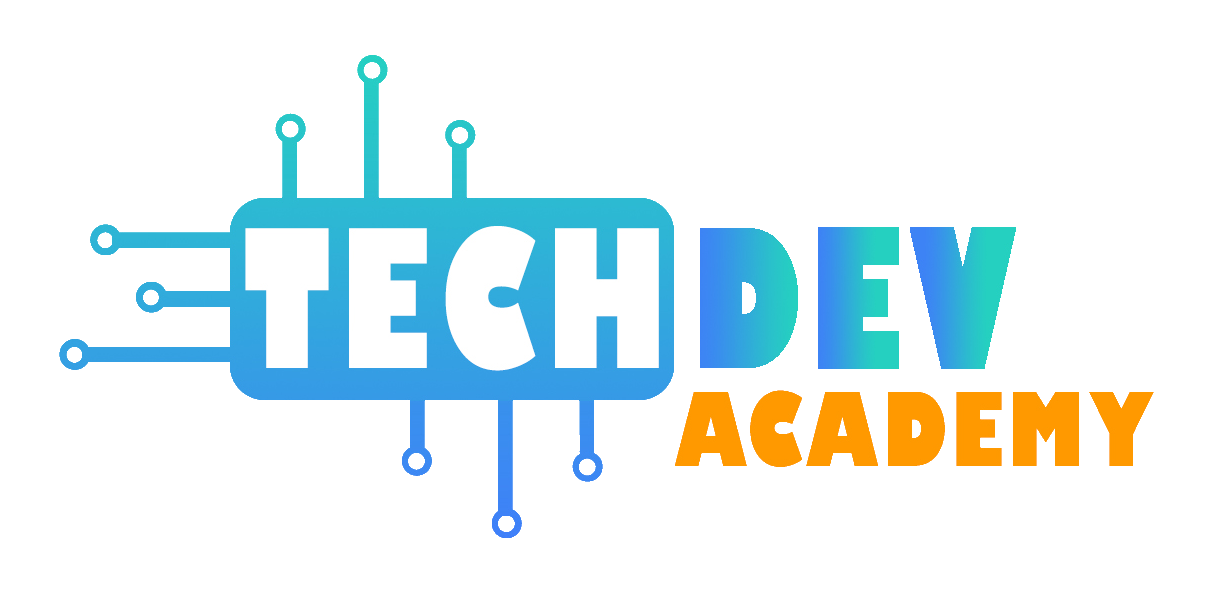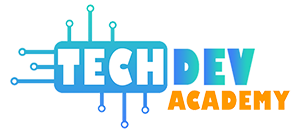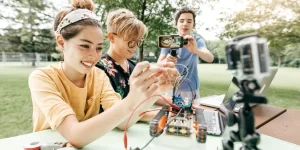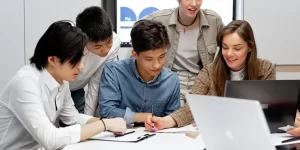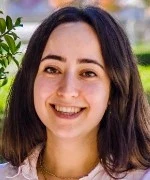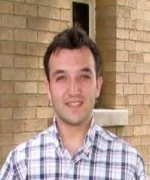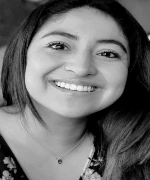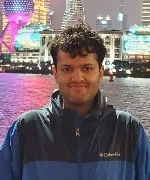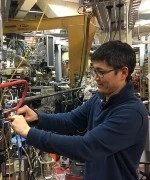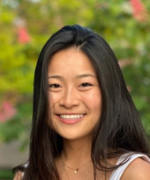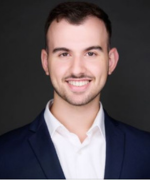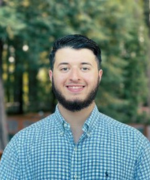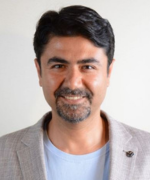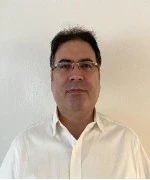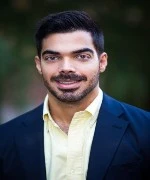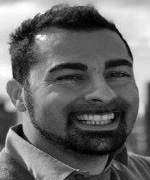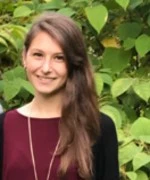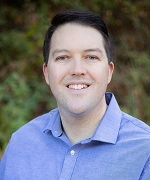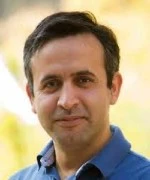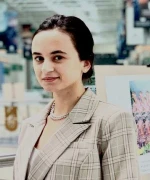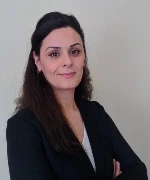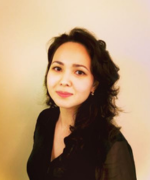The Role of Extracurricular Activities in College Admissions
You might be wondering as a high school student how to differentiate your college application from the thousands of others that admissions staff will scrutinize. Your extracurricular activities are one method to differentiate yourself from the mass.
Active involvement in your community and hobbies and interests outside of school can make you more than just another applicant with test scores and GPA – and give you the opportunity to talk about who you really are as a person.
You can engage in nonacademic hobbies outside of the classroom as extracurricular activities. Also, they assist you in acquiring the competencies and skills that colleges want in applications, such as problem-solving, teamwork, and leadership abilities.
While your grades and test scores are certainly important factors in the admissions process, colleges also want to see what you do outside of the classroom. A well-rounded individual with a variety of interests and life experiences is what they are searching for.
What significance does this have for the admissions process? Let’s take a closer look.
Demonstrating Leadership
Colleges are looking for students who are leaders and can take on responsibility. A fantastic method to show leadership abilities is to participate in extracurricular activities. For example, if you are captain of a sports team or president of a club, you are responsible for leading and organizing your teammates or club members. You are also likely to have to work with others and make decisions that will impact the group. These are all important leadership skills that colleges value.
Showing Passion and Commitment
A great method to show universities that you have a passion for something and are prepared to put in the time and effort necessary to achieve at it is through extracurricular activities. This demonstrates your excellent work ethic and willingness to devote time and effort to a cause other than academics. As a result, the college might be more welcoming of you if they think you’ll contribute significantly to the community.
Developing Skills and Knowledge
Extracurricular activities and volunteering will help you develop skills that are valuable in any career field. For instance, if you participate in a science club, you can get the chance to run experiments and discover more about a certain subject of study. This can help you hone your practical, analytical, and critical thinking skills, which are beneficial in a variety of fields.
You may grow in your capacity for empathy, compassion, and social responsibility as a result of this. Also, it can assist you in learning more about the world and the people in it, which can extend your perspectives and enrich your comprehension of it.
Enhancing Your College Application
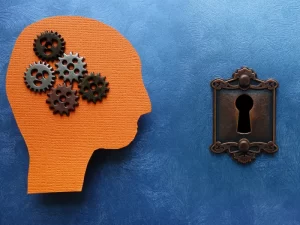

Extracurricular activities can be a great way to demonstrate your accomplishments, talents and passions. For example, you might get the chance to perform in front of an audience, for instance, if you participate in a music program. This is a great way to demonstrate your talent and dedication to music. Similarly, if you are involved in a club or organization, you may have the opportunity to lead a project or event. This is a fantastic opportunity to demonstrate your capacity for collaboration and leadership.
Tips for Participating in Extracurricular Activities
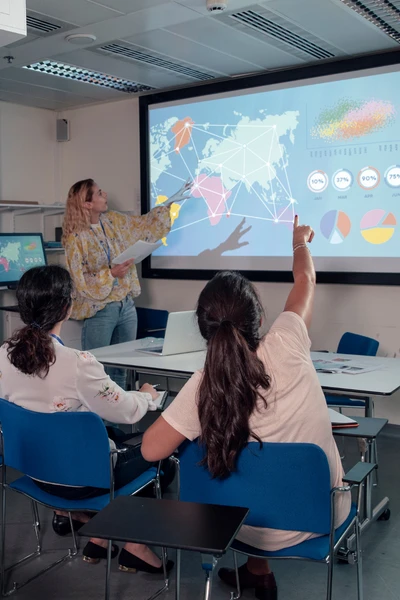

- Choosing extracurricular activities that you genuinely enjoy will make it easier for you to commit yourself to them. It’s likely that you won’t constantly be motivated to work hard if you don’t enjoy what you’re doing.
- Take advantage of opportunities to show off your leadership skills and responsibilities. If you’re a captain of a sports team or lead a club project, it will be obvious to colleges that you are responsible, capable, and have great leadership potential.
- As you work on building a solid extracurricular activity resume, it’s important to find a balance between your academic commitments and your extracurricular activities. Instead of attempting to do too many things at once, try to focus only on a few things that you are actually enthusiastic about.
- Get involved as early as possible. The earlier you start getting involved, the more time you will have to develop those skills and make a contribution that will set you apart from other college applicants.
- Don’t be hesitant to give something new a try. By trying new things and taking risks, you can find out about interests that you never knew about before. You will discover more about who you are and your hobbies the more you try. This will help you find what makes you unique and shine when it comes time to write your college application essays.
Conclusion
In conclusion, extracurricular activity resume is a valuable tool for college admissions. Your extracurricular activities and how much time you commit to them are among the first things that admissions officers look at when you apply to colleges. Furthermore, extracurricular activities play a significant role in the application process. They demonstrate leadership, passion, and commitment which can help you develop valuable skills or knowledge. By participating in extracurricular activities you can enhance your application and stand out among other applicants. It’s important to choose activities that interest you and try to take on leadership roles whenever possible.
